Indigenous voice to parliament: Forget sledging, ex-chief justice Robert French tells Yes backers
Former chief justice Robert French has delivered clear advice to the campaign for an Indigenous voice to avoid sledging opponents and instead focus on how the advisory body would work.
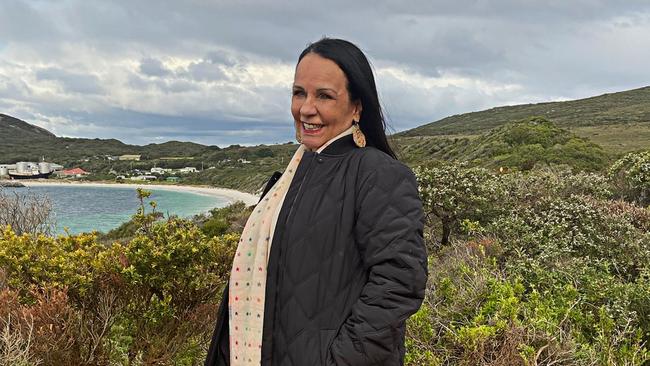
Former chief justice Robert French has delivered clear advice to the campaign for an Indigenous voice to avoid sledging opponents and instead focus on how the advisory body would work.
Mr French was seated next to Yes23 director Thomas Mayo onstage at a voice forum on Monday night when he said: “I think a very important thing for the Yes campaign is that they maintain a focus on the issues because although people who put up certain views on the other side might infuriate you, the moment you engage in sledging … the message that is coming across is simply conflict”.
“You don’t want to send a message of conflict, you want to send a message of how this is going to work, and focus on that,” he said.
His advice – delivered in a packed auditorium in the Perth electorate of teal MP Kate Chaney – appears to have been immediately taken up.
On a webinar on Tuesday, Mr Mayo told Yes supporters: “If you come across an Indigenous person that doesn’t support it, accept that. Accept we’re entitled to have different views and perspectives and understand some of it just comes from low trust in processes and government”.
Mr French gave his advice on Monday after an audience question: “Why are people so fearful of changing the Constitution? Is the outcome a potential disaster?”
In response, he reiterated his long-held opinion that the voice was high reward and low risk.
“I don’t think there is a realistic risk of any form of disaster. I don’t know what kind of disaster people have in mind when they make that kind of statement,” he said.
“I think a lot of the discourse around opposition seems to be focused on the question of uncertainty and that is an issue the Yes campaign may have to address a bit more effectively with the sort of examples of things that can be done, the way things can be made to work and by giving examples of features of the model without nailing yourself down to details.”
The voice forum on Monday was the biggest event hosted by Ms Chaney since she won Curtin from the Liberals in 2022, with 670 people turning up to hear Mr Mayo, Mr French and child health researcher Fiona Stanley discuss the voice.
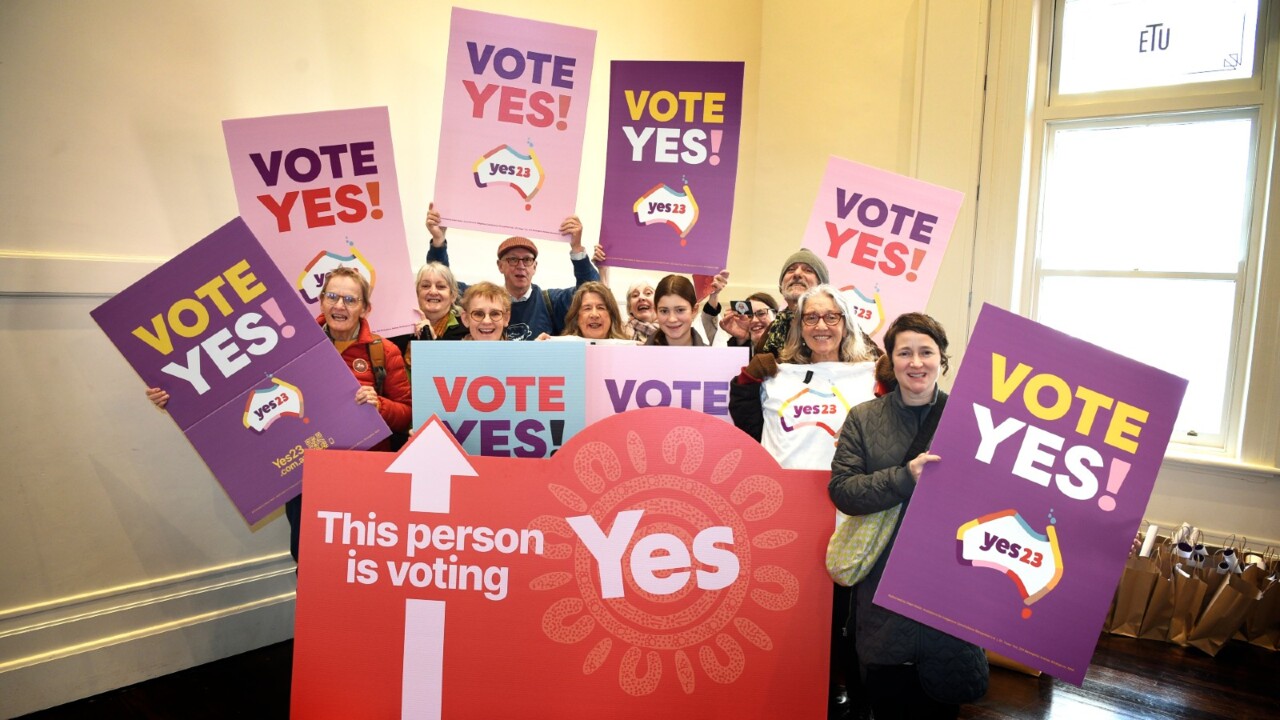
Professor Stanley strongly supports the proposed advisory body because she says she has documented clear evidence that results improve when governments engage with Aboriginal people and listen to what they know about their communities.
Conversely, she says, there are poor outcomes when governments take decision-making away from Aboriginal communities.
On Monday, Professor Stanley offered examples of listening and collaboration that saved lives or protected the health of Indigenous Australians. She said at the beginning of the global pandemic, the government relied on the knowledge and networks of Aboriginal medical services around the nation to help Indigenous people understand why they should practice social distancing, wear masks and protect their elders.
The medical services designed simple social media advertisements that were easily understood and highly effective.
The government also locked down remote communities at the request of those communities.
The result was that in the first 18 months of the pandemic, no Indigenous person died of Covid and there were six times fewer cases among Indigenous people than non-Indigenous people. In that instance, the voices of communities and medical services were collated and elevated to Canberra by the National Aboriginal Community Controlled Health Organisation.
“How did they do it? They had a voice,” Professor Stanley said.
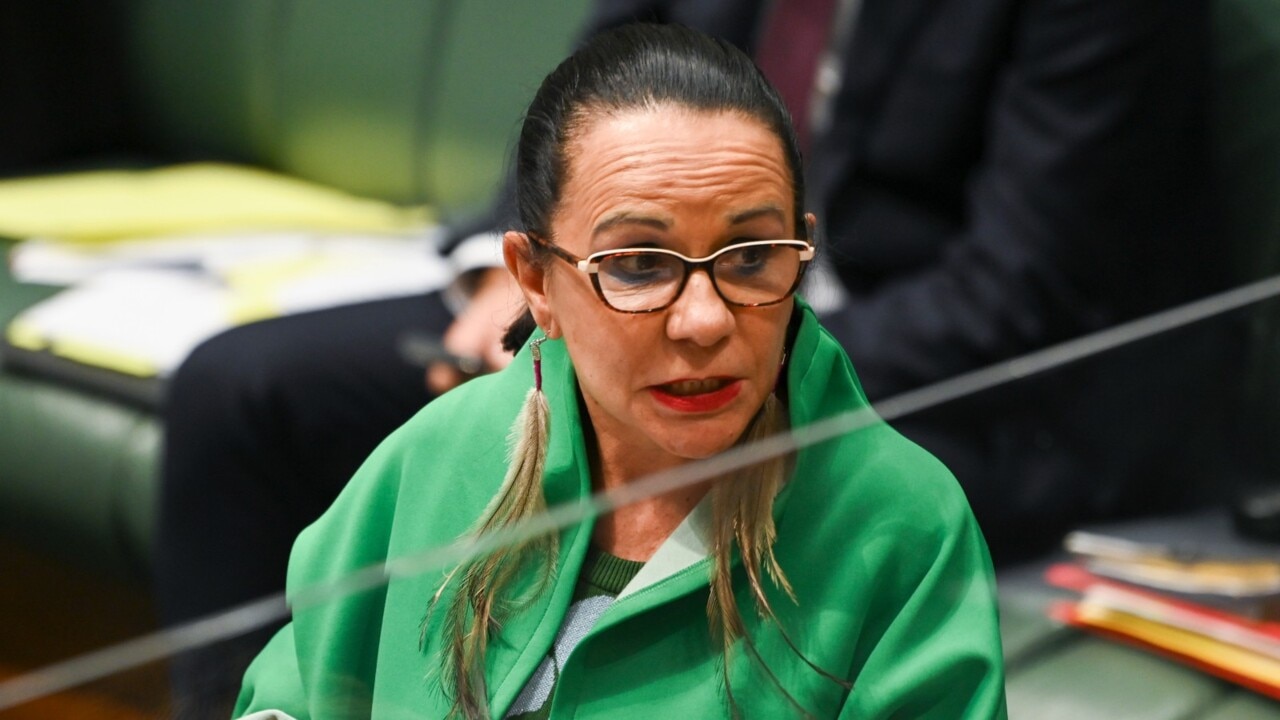
Indigenous Australians Minister Linda Burney began to focus her statements about the voice’s potential to make practical improvements a month ago.
On Tuesday Mr Mayo borrowed from Professor Stanley’s example to help explain the voice’s potential. “There was a rare opportunity, a rare moment where we were listened to during Covid, for example,” he said. “Indigenous communities were involved in the response, communities that have great vulnerability to pandemics … when we were involved in shaping and implementing the response to Covid, we got some of the best results in the world. There were six times less infections in our communities and no deaths.”
The Yes campaign was again in Western Australia this week, where the most recent Newspoll showed the No vote was ahead.
On Tuesday, Ms Burney was in Albany where Noongar leaders spoke about the voice and the issues most important to them.
At the Southern Aboriginal Corporation, manager Oscar Colbung told her he and other Noongar leaders wanted the government to reinstate the old work-for-the-dole scheme, CDEP. “We used to have 400 Noongars turn up for skills training twice a week and (go) to TAFE twice a week,” he said. “They replaced it with nothing; the result is our people unemployed, filling up the prison.”


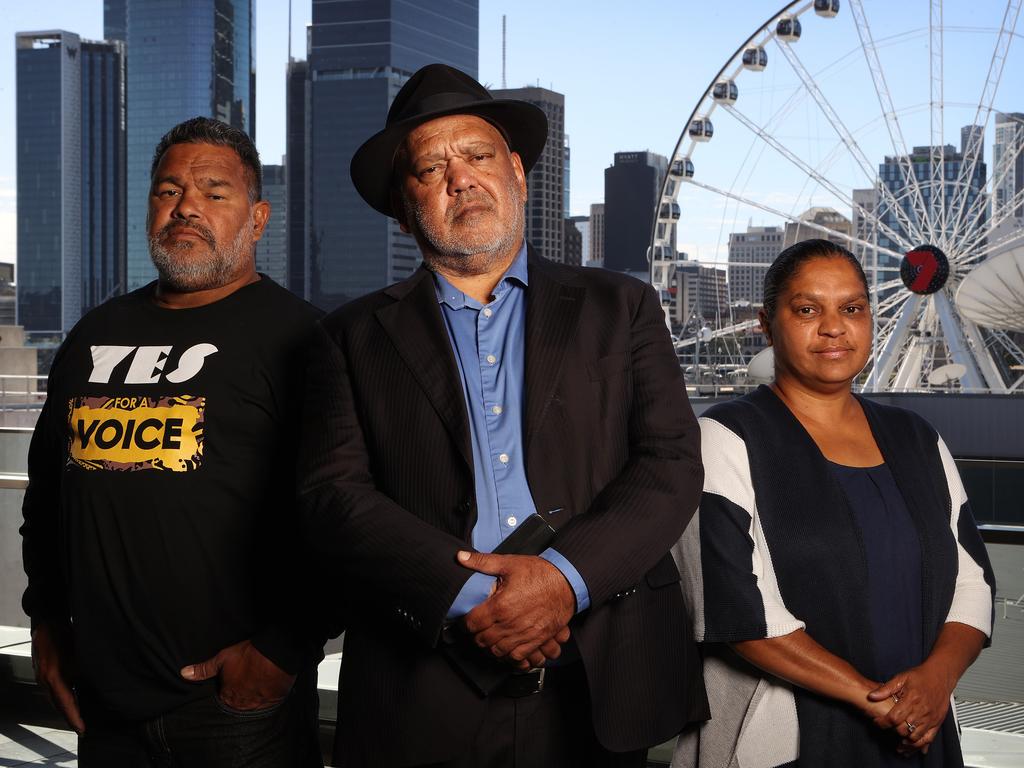
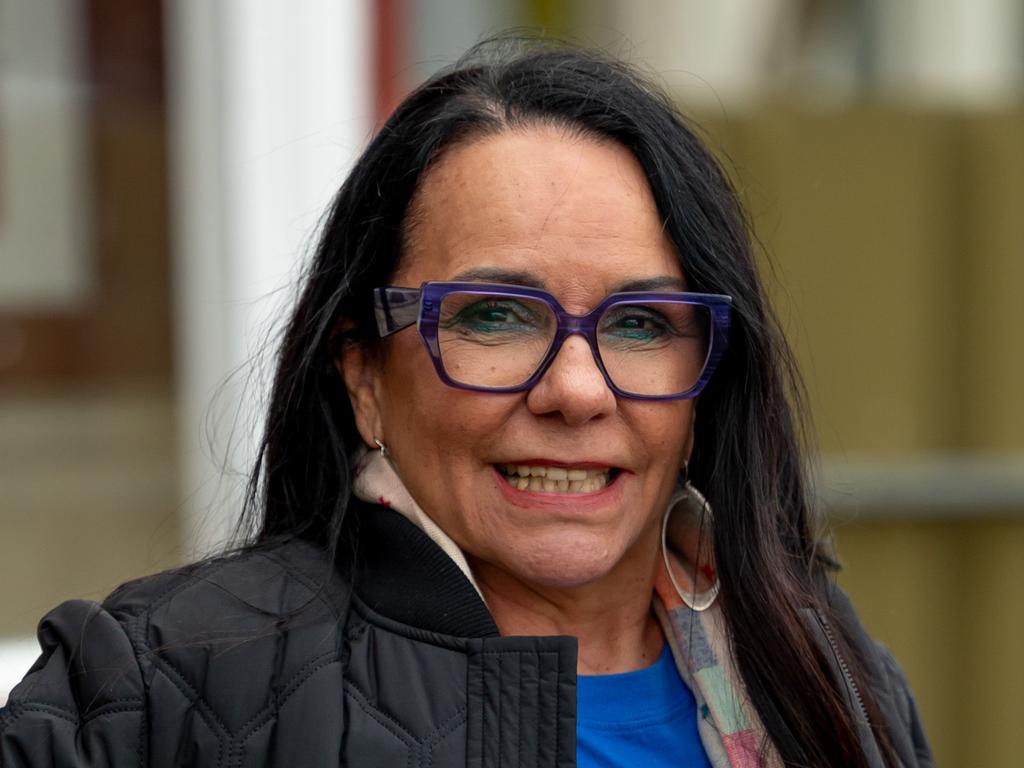
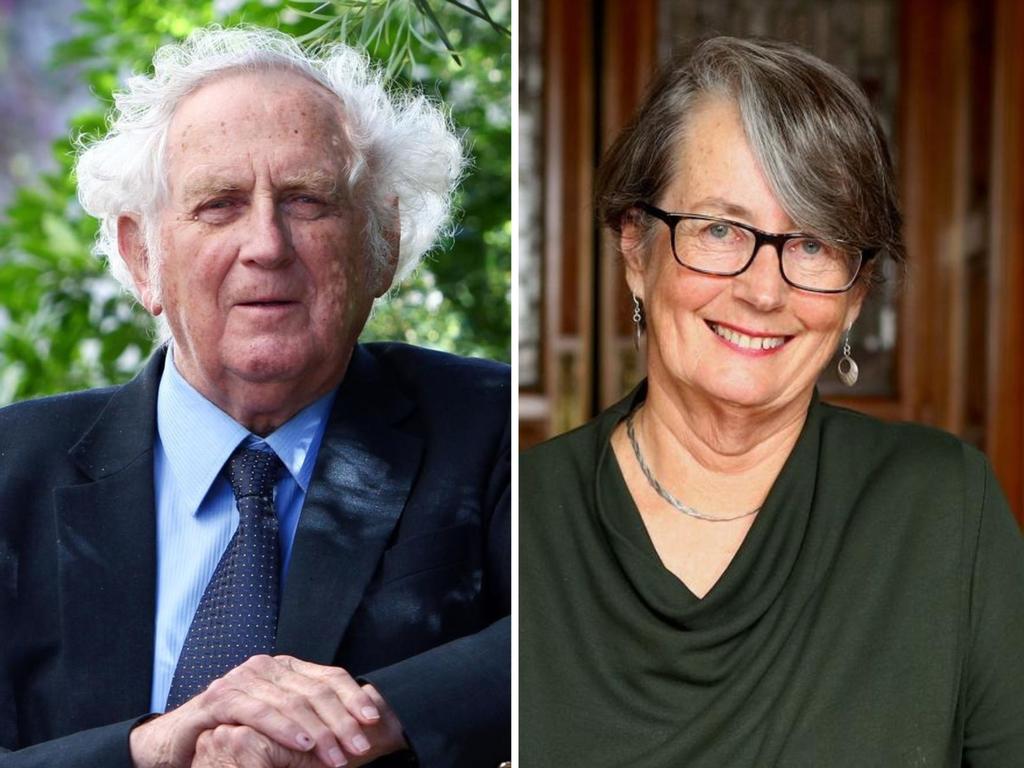


To join the conversation, please log in. Don't have an account? Register
Join the conversation, you are commenting as Logout